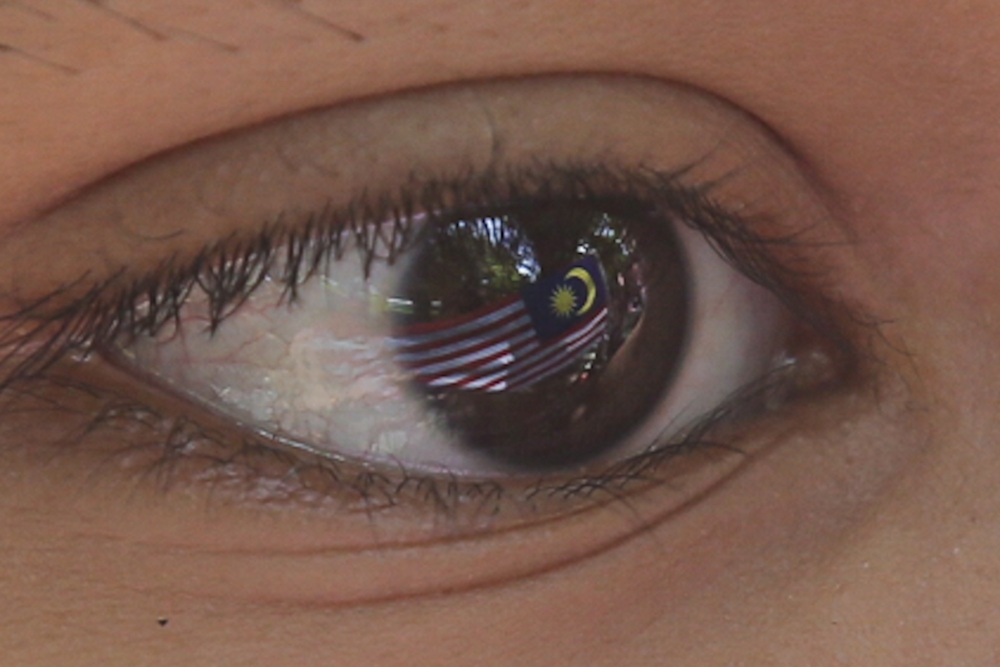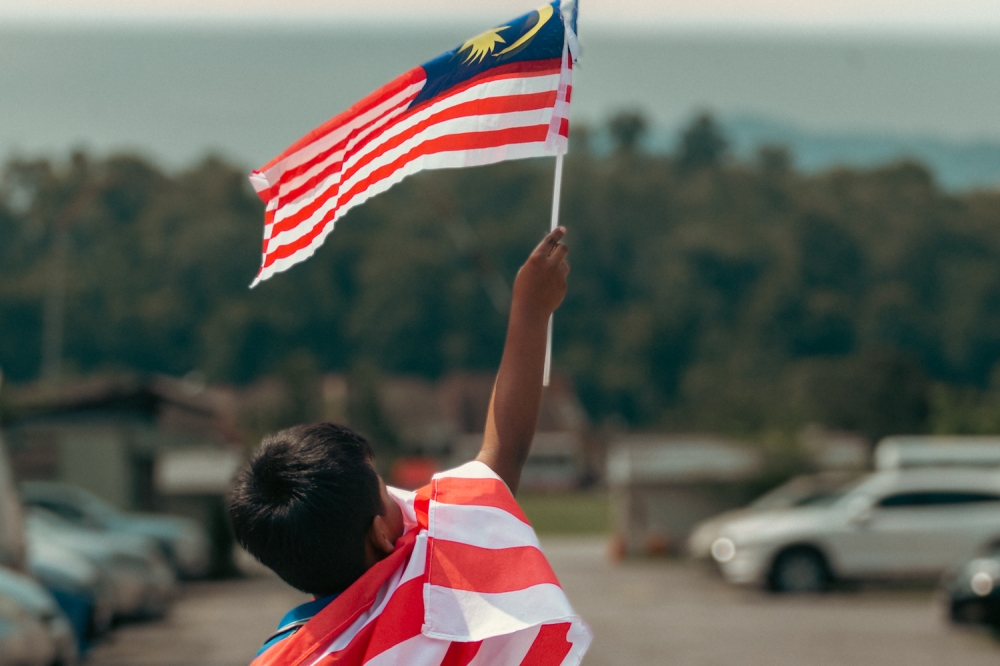JUNE 24 — We thank the Ministry of Home Affairs for engaging with Civil Society Organisations on June 23, 2023, and seeking our views on the amendments to Part III of the Federal Constitution, which we understand will be finalised before being presented to the Conference of Rulers on July 12. The engagement was a good opportunity for us to learn more about the proposed amendments. However, we are deeply concerned with several aspects of the discussion, namely the lack of transparency in the process of drafting the amendments, and the substantive content of the amendments themselves.
While we were presented with a gist of the amendments, we have not been given a copy of the draft amendment bill. It is important that the draft amendment bill is made available to all parties, for it is in the details that the proposed intentions and implications of the amendments will be understood.
Based on the Home Minister’s positive announcements and displayed will to address situations of statelessness in recent press highlights, it seemed that the objective of the amendment would be to address the limbo of stateless children in Malaysia. However, we note that the proposed amendments do not have paramount consideration of the child’s best interests. Instead, the amendments have the effect to restrict or abrogate the fundamental liberties and rights of these children forcing statelessness to spiral down for generations.
Substantively, based on the proposed amendments shown to us, we welcome the amendments to enable Malaysian mothers to confer citizenship to their children born overseas. Similarly, while the Minister has done outstanding work in prioritising approval of citizenship for children in the context of adoption, the action to safeguard the same group of children was not reflected in the amendment, leaving adopted children at risk of statelessness if internal policies or the Minister changes based on the government of the day.
In today’s reality, children’s residence and citizenship may be impacted by their parents’ death, separation or divorce, and when laws are created or amended without full and proper knowledge and understanding of their application and impact, it will result in the children falling through the gaps and ending up stateless of the law.
The proposal to remove the existing constitutional protection for some categories of stateless children, leaving them without any protection at all, does not make sense and is contrary to the Minister’s and this Government’s stated aim to reduce childhood statelessness, at the very least. In reality, it is heartless and does not exhibit any care or compassion for these helpless children. Already we are seeing many of these children leave children’s homes at the age of 17 without anything, not even the protection of citizenship.
Children are the most vulnerable members of any society, and we have an overwhelming duty to ensure their protection, well-being, and access to basic rights. Citizenship is not just a legal status; it is a fundamental aspect of a child’s identity and plays a crucial role in their ability to enjoy a dignified life, including access to education, healthcare, and social services. Statelessness leaves children vulnerable to exploitation, discrimination, and marginalisation.
The consequences of denying children their right to citizenship have far-reaching impacts and consequences, not only on their overall development and well-being, but on the rest of society and the nation at large.
Amendments that deny deserving children the right to citizenship will exacerbate the issue of statelessness in the country. Over the years, the number of stateless people in Malaysia has risen due to a cycle of deprivation and vulnerability. Foundlings, children separated from parents with no proof of parentage, children born out of wedlock, adopted children, and children who were born to stateless parents are all affected by statelessness. Stateless children remain trapped in a country with little to no chance of improving their circumstances. This poses a challenge not only at the individual level, but also at the national level.
Once again, we would like to remind the Government of its commitment to reduce and prevent statelessness in Malaysia, especially childhood statelessness. Similarly, as a signatory to the UN Convention on the Rights of the Child, the Government has international obligations to protect children in Malaysia, prioritise their best interest and welfare, and afford them a right to identity.
We therefore call upon the Government to reconsider the proposed amendments to Part III of the Federal Constitution and to hold a proper consultative dialogue with all relevant stakeholders so that any amendments that are made are just and proportional, and in the best interests of our children. As Civil Society Organisations, we remain committed to engaging further with the Ministry of Home Affairs to strengthen the proposed amendments with a rights-based approach, and providing input for additional guidelines and policies.
The group was represented by 10 Civil Society Organisation (CSO) & nine individual Activists, Academicians and Legal Fraternity in attendance for the briefing:
- Civil Society Organisations:
- ANAK, Sabah
- Association of Women Lawyers
- Buku Jalanan Chow Kit
- DHRRA Malaysia
- HaKita
- Persatuan Kebajikan Sokongan Keluarga Selangor & KL (Family Frontiers)
- Persatuan Untuk Anak Kita
- Stateless Malaysians Citizenship Movement (SMCM)
- Voice of Children (VOC) 10. Yayasan Chow Kit
Individual Activists, Academicians and Legal Fraternity:
- Ainie Haziqah, Messrs Nurainie Haziqah & Co
- Beverly Joeman
- Cikgu Rahayu, Children Activist
- Goh Siu Lin, Child & Family Lawyer
- Jasmine Wong Kah Man, Lawyer, Association of Women Lawyers
- Kasthuri Krishnan, Advocate & Solicitor, Kasthuri Bashir Shah & Partners
- Prof. Datuk Noor Aziah Binti Mohd Awal
- Syed Azmi
- Ranee Sreedharan, Messrs Ranee Sree & Associates
* This is the personal opinion of the writers or publication and does not necessarily represent the views of Malay Mail.





















